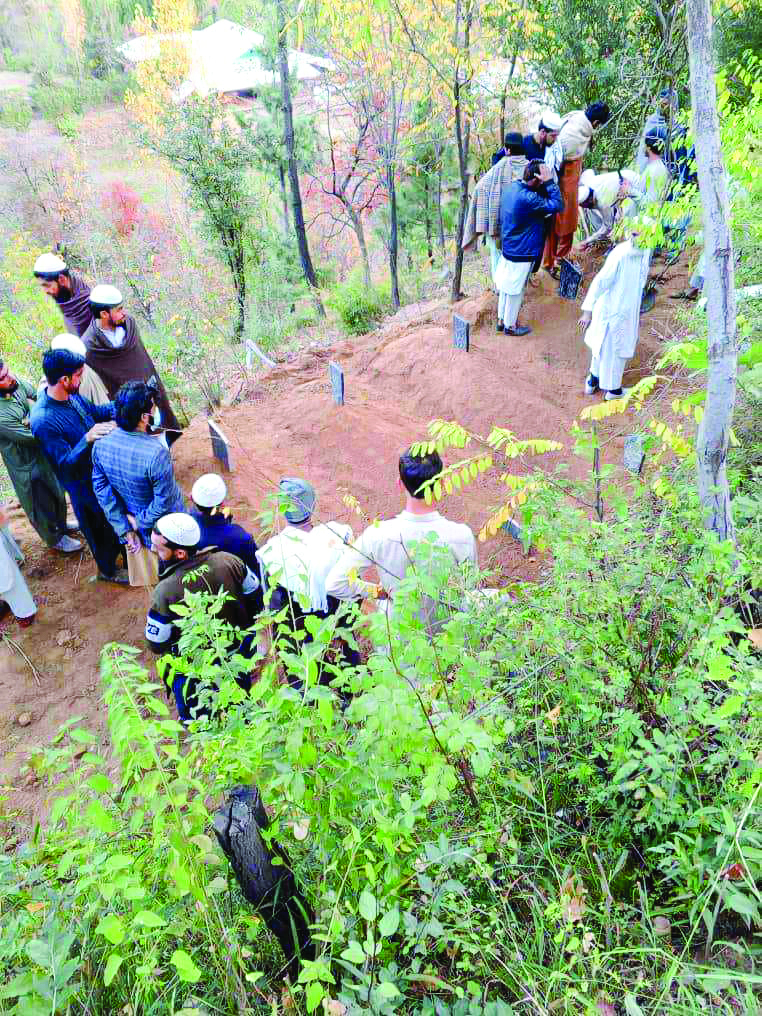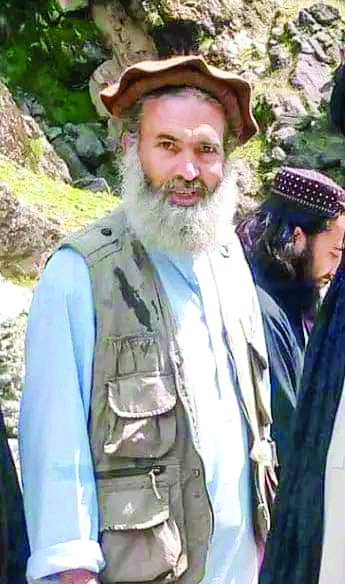Undisclosed loaction: In Pakistan, the tendency to hold external forces responsible for domestic challenges has become a longstanding approach, particularly within security agencies and the military. Rather than addressing internal issues and crafting sustainable solutions, these institutions often rely on promoting a narrative of foreign conspiracy, sidelining the real challenges Pakistan faces. This strategy overlooks fundamental internal weaknesses, allowing these entities to avoid accountability and shift focus outward.
Political and military institutions in Pakistan frequently attribute their setbacks to external factors, often implicating India and Afghanistan. When violence occurs or security fails, a narrative of a “foreign hand” is quickly presented. This story diverts public attention from local issues, providing an easy explanation that glosses over internal flaws. Security agencies and the military have become adept at steering public attention toward perceived external threats, shielding themselves from scrutiny over their own performance and avoiding responsibility for lapses in security.
Ideally, the military’s role in Pakistan should be limited to national defence, yet its influence has permeated political and economic spheres. Internal security and counter-extremism policies, often driven by short-term objectives, fail to deliver long-lasting stability. By intervening in diverse sectors, military institutions have inadvertently weakened civilian governance structures. When security failures do occur, these are seldom made transparent to the public; instead, a narrative of foreign interference is promoted, suggesting that outside forces aim to destabilize Pakistan.

Historically, whenever Pakistan has faced internal violence, state institutions have been quick to implicate India, portraying it as a constant enemy and the root cause of Pakistan’s woes. Over time, this policy extended to Afghanistan, especially when violent incidents occurred in Khyber Pakhtunkhwa. After the establishment of the Islamic Emirate in Afghanistan in 2021, the strategy shifted further. As Afghan policies deviated from Pakistan’s expectations, almost every domestic issue began being framed as an Afghan influence. Yet, the justifications offered by Pakistani institutions often contradict ground realities.
Pakistani agencies allege that Tehrik-i-Taliban Pakistan (TTP) fighters are stationed in Afghanistan and initiate attacks from there. However, on 23 October, a senior TTP commander, Syed Muhammad (known as Ustad Qureshi), who was the Deputy Governor for Malakand, was killed alongside his son Faisal and others in a clash with Pakistani forces. This incident underscores that TTP leadership is not only present within Pakistan but also actively organizing operations from within the country. Ustad Qureshi and his companions were subsequently buried in Swat, his hometown.
Prior to this, videos surfaced on social media showing TTP leaders in regions like Waziristan, Bannu, Kurram, Dera Ismail Khan, Lakki Marwat, Khyber, FR Peshawar, and Swat. Recently, TTP released footage of former Deputy Emir Mufti Muzahim addressing fighters in Mohmand, Bajaur, and Swat. The presence of such high-profile commanders on Pakistani soil clearly illustrates that TTP’s leadership and forces are operating within Pakistan, managing their activities locally. In light of this, Pakistan’s accusations against neighbouring states, particularly Afghanistan, seem to serve more as a distraction than an honest effort to address root causes.
Pakistan’s institutions are now grappling with the consequences of long-standing injustices, oppression, and human rights violations within the country. However, rather than confronting these difficult realities, they have opted for a narrative of victimhood, deflecting attention from their own issues and, in the process, misleading the public.
This reluctance to face internal flaws has fostered a cycle of blame, stalling progress and obscuring the path to genuine stability and security.
Ehsanullah Ehsan is a former spokesperson of Tehrik-e-Taliban.

